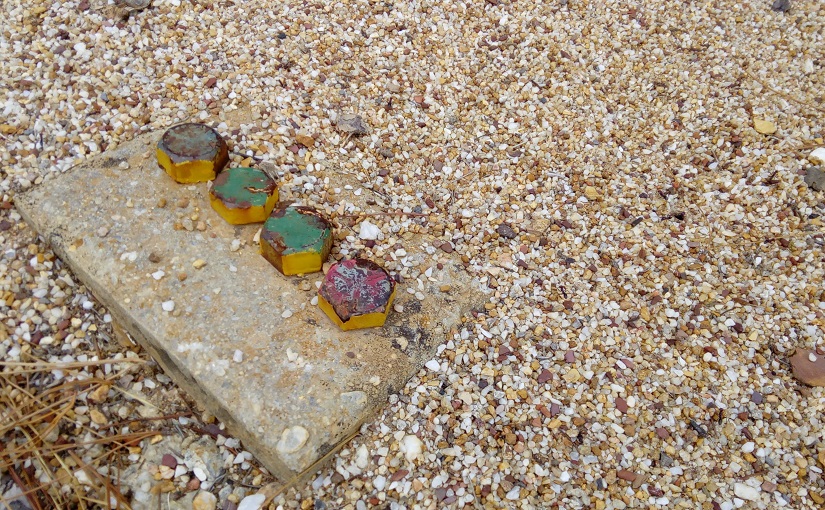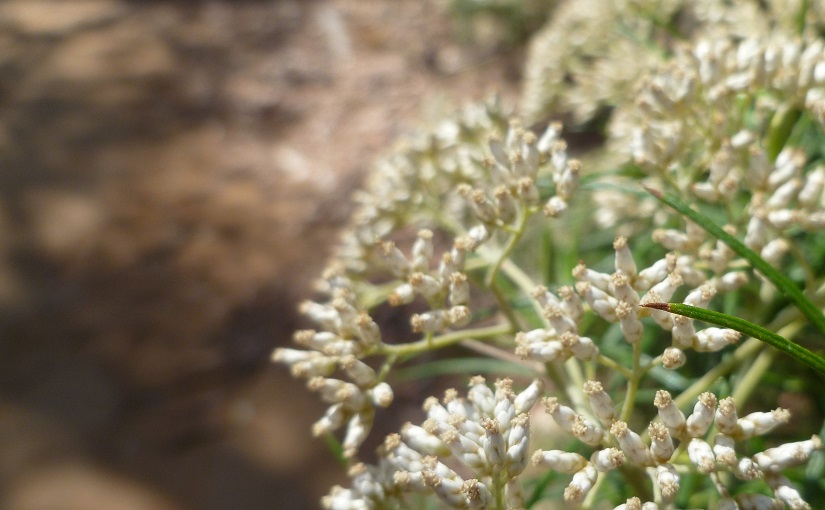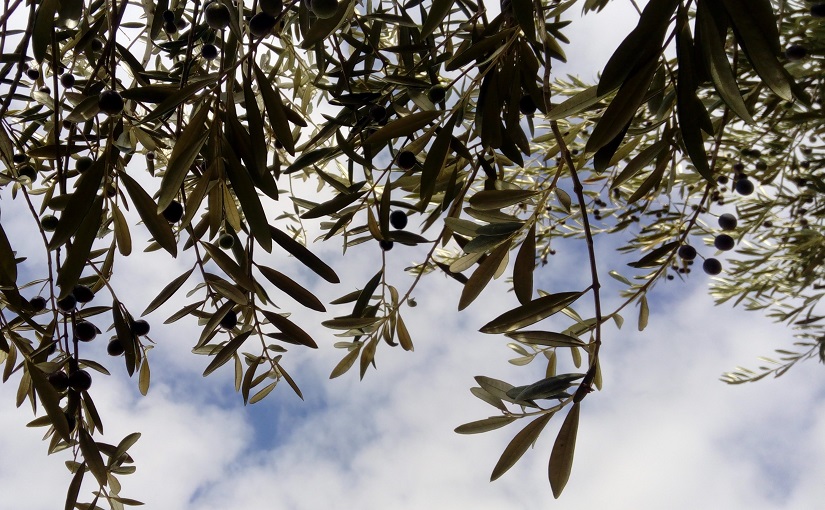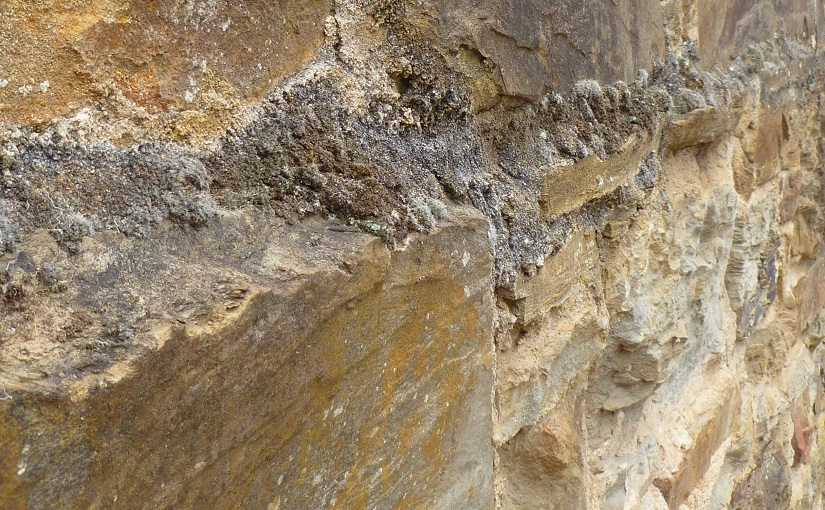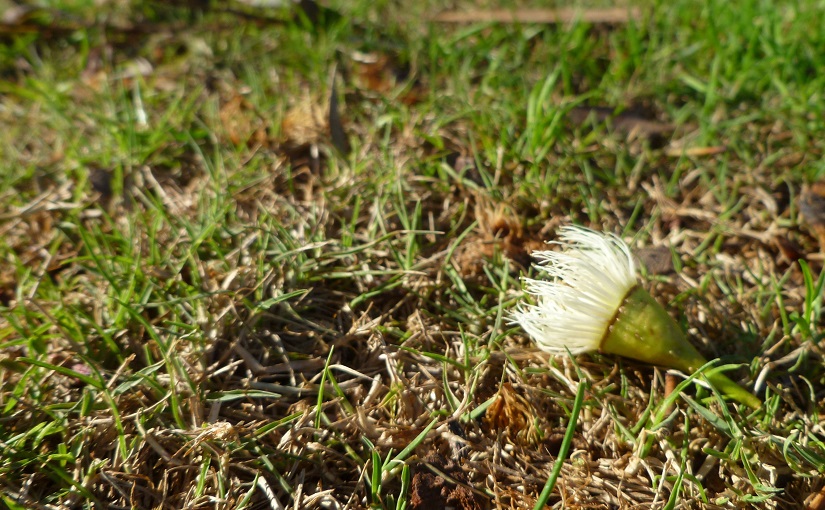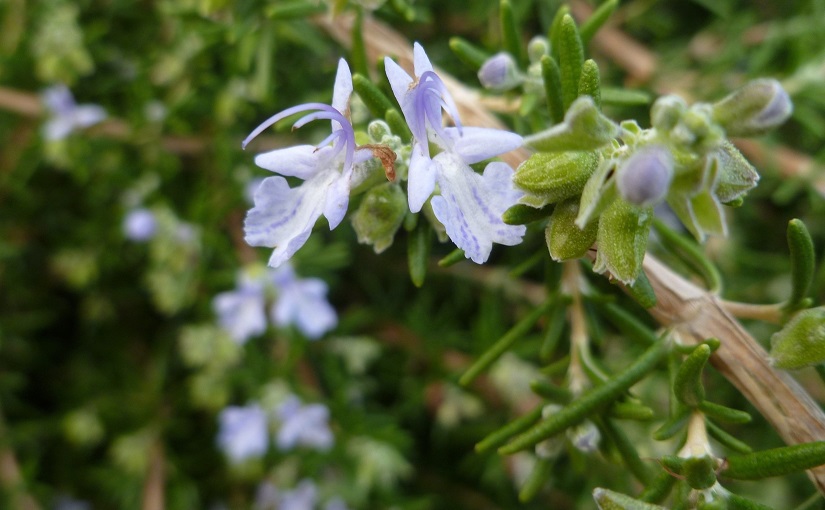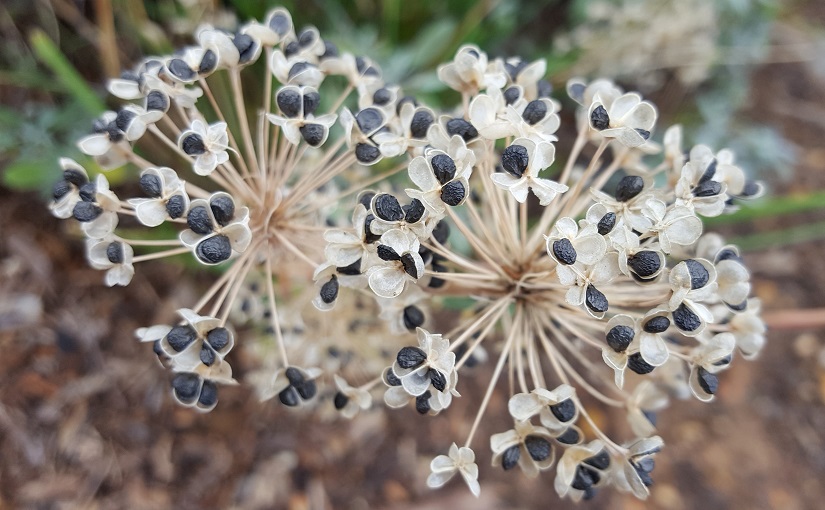Youth, in so many ways, must provide us with this foundation of feeling, familiarity, values, skills and patterns of behaviour that we’ll later rely on or, perhaps, fall back on. These base notes of how we are and how we see life. The lessons that, effectively, carry us through our days.
It’s this time of preparation, of planting seeds and honing skills as we revisit, rework, reimagine and stretch out our capacities. The attitudes of mind fostered, modelled or encouraged through it all. So, by the time we’re entering adulthood, we’re hopefully ready to grasp life’s responsibilities, understand its risks, and make of it what we will.
Foundational experiences surely give us our footing for the world we’re to be part of: a sense of ourselves, of others, of how things work and what it all means. This fundamental understanding of the ways things are and where we stand within it all; what matters and doesn’t; how we might spend our time and energy; the things we might choose to invest ourselves in or happily walk away from.
How exactly we go about preparing the young psyche for life in this world is a fascinating question (Notes One). What should be placed there? Of all the timeless and contemporary pearls of wisdom on offer, which do we need? Can we throw in a little of everything, just to be safe, or might that drown out the essential and dilute the message?
In a way, we’re training people in how to see and how to act – how to interpret the world and respond to it. We’re told what things mean, the ideas with which to label everything; labels themselves directing us to see life a certain way. In youth, we’re learning how to engage with life – the thoughts and conclusions with which to think; the basic emotional tone of our existence.
Then things slip into the subconscious, serving us from there without the ongoing trouble of active awareness: times tables, grammar, movement, social ethics, self-esteem all becoming this underlying skeleton of knowledge we build upon and live our lives within. The deep sense of agency, certainty, confidence on which we stand – the mastery of self, surety of our wisdom and worth, and happy integration into social realities.
But it also seems entirely possible we could be primed with uncertainty, doubt and confusion – shaky foundations, mixed messages, an unclear sense of our own value and the importance of human existence. Questions can be buried under the veneer of admirable success, leaving fundamental insecurities within the inner structure of our being. Fear, sadness and anxiety could easily take the place of well-grounded strength.
Establishing a basic muscle-memory for living seems an intriguing idea: how balanced and realistic are we in understanding our place in life? Do we have solid emotional and practical foundations to lean on, later or whenever we need to? Is our imagination filled with helpful, hopeful thoughts about living or are we letting more fearful, powerless images take their place?
Notes and References:
Note 1: Learning to be human
Note 1: Knowledge, capacity & understanding
Note 1: Writings on Education
Note 1: Do we know what we’re doing?
Note 1: What it is to be human

